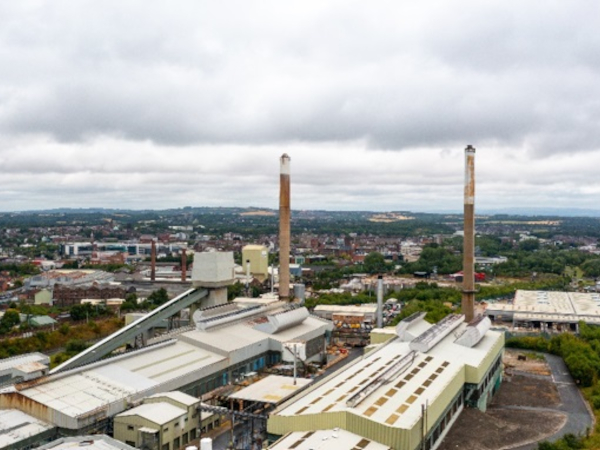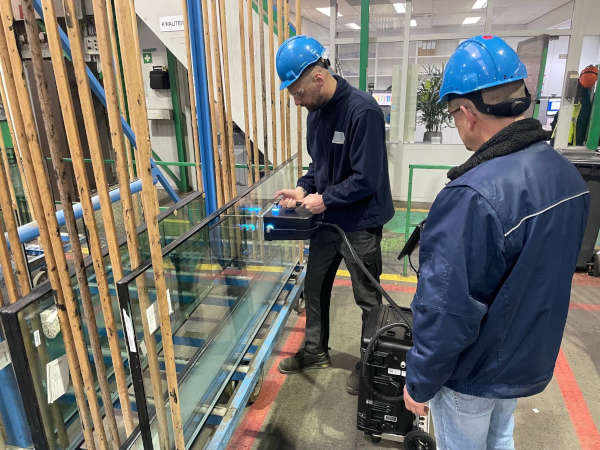Date: 16 May 2002
Mr Scaroni's abrupt resignation as chief executive on Monday to head Enel, the Italian state-owned electricity group, coincides with a shake-up of senior management.The combination has left the UK's leading glassmaker looking unusually vulnerable.
Pilkington has also dismissed Warren Knowlton, president of North American operations, and appointed Pat Zito head of the global automotive original equipment business and to the board.
Stuart Chambers, 45, currently head of the building products division, will replace Mr Scaroni.
The question facing investors now is: do they trust Mr Chambers and his team to finish the turnround started by Mr Scaroni, particularly as the industry is heading into a downturn?
There is little doubt that Mr Scaroni will be a tough act to follow.
In the five years since he took the helm, the unfailingly upbeat Italian became the face and the spirit of Pilkington. He is widely credited with transforming it from a struggling UK manufacturer into one of the world's leading glass groups.
Among his most effective moves were to eliminate excess bureaucracy - wiping out tiny fiefdoms across Pilkington's global operations - and ensuring that its least efficient factories matched the performance of the most efficient.
By last year, margins had risen to 7 per cent compared with 4.4 per cent when Mr Scaroni took the job, according to investment bank Seymour Pierce.
The overhead-to-sales ratio, a measure of the group's efficiency, fell from 31 per cent to 22 per cent over the same period.
Today, Pilkington claims that its 10 per cent return on sales is equal to that of Saint-Gobain, Mr Scaroni's erstwhile employer and one of the group's largest rivals.
"In the five years that Paolo's been here, we've completely changed the business," says Sir Nigel Rudd, Pilkington chairman. Investors took notice. The glassmaker's shares consistently outperformed the market. "Pilkington was an old-fashioned, inefficient UK manufacturing company which would have gone into the ground," says one analyst. "Paolo saved it."
But the latest reshuffle, in part because it came as such a surprise, has endangered that credibility. Although he will stay on as non-executive deputy chairman, Mr Scaroni will be leaving for Enel on May 24. Mr Chambers, a relatively unknown former Shell executive a decade younger than his predecessor, will sit beside him at the the group's annual meeting on May 29. Analysts, who downgraded their forecasts after Mr Scaroni's cautious comments last month, are expecting Mr Chambers to report pre-tax profit of about Pounds 226m. While this is above last year's Pounds 222m result, there is little reason for optimism in the year ahead.
Demand in the group's main markets - automotive and building - is expected to soften even as recent price pressure continues. Prices for building glass have already fallen nearly 15 per cent in Europe and 8 per cent in the US this year. Rumours about capacity cuts abound.
In short, there could hardly have been a worse time for a new management team. Mr Scaroni, who first heard about the chance to head Enel during a phone call from the office of Italian prime minister Silvio Berlusconi on Saturday, thinks the concerns about the transition are overblown.
"The market has overvalued my role," he says. "I believe I have not done a lot of things at Pilkington. I've done one thing: to transfer a cost culture into Pilkington . . . This is done."
Mr Chambers is similarly confident. "What makes me optimistic is that we have progressed to the point where we are able to operate with a decent level of profitability when the market is down."
Executives contend that the succession had been planned for months and Mr Scaroni's move to Enel simply forced them to bring this forward by a year. Mr Knowlton's resignation and Mr Zito's promotion were part of the restructuring, the argument goes. Adds Mr Chambers, already fending off concerns about his relative youth: "I believe I can do it, so the proof is in the pudding."







Add new comment